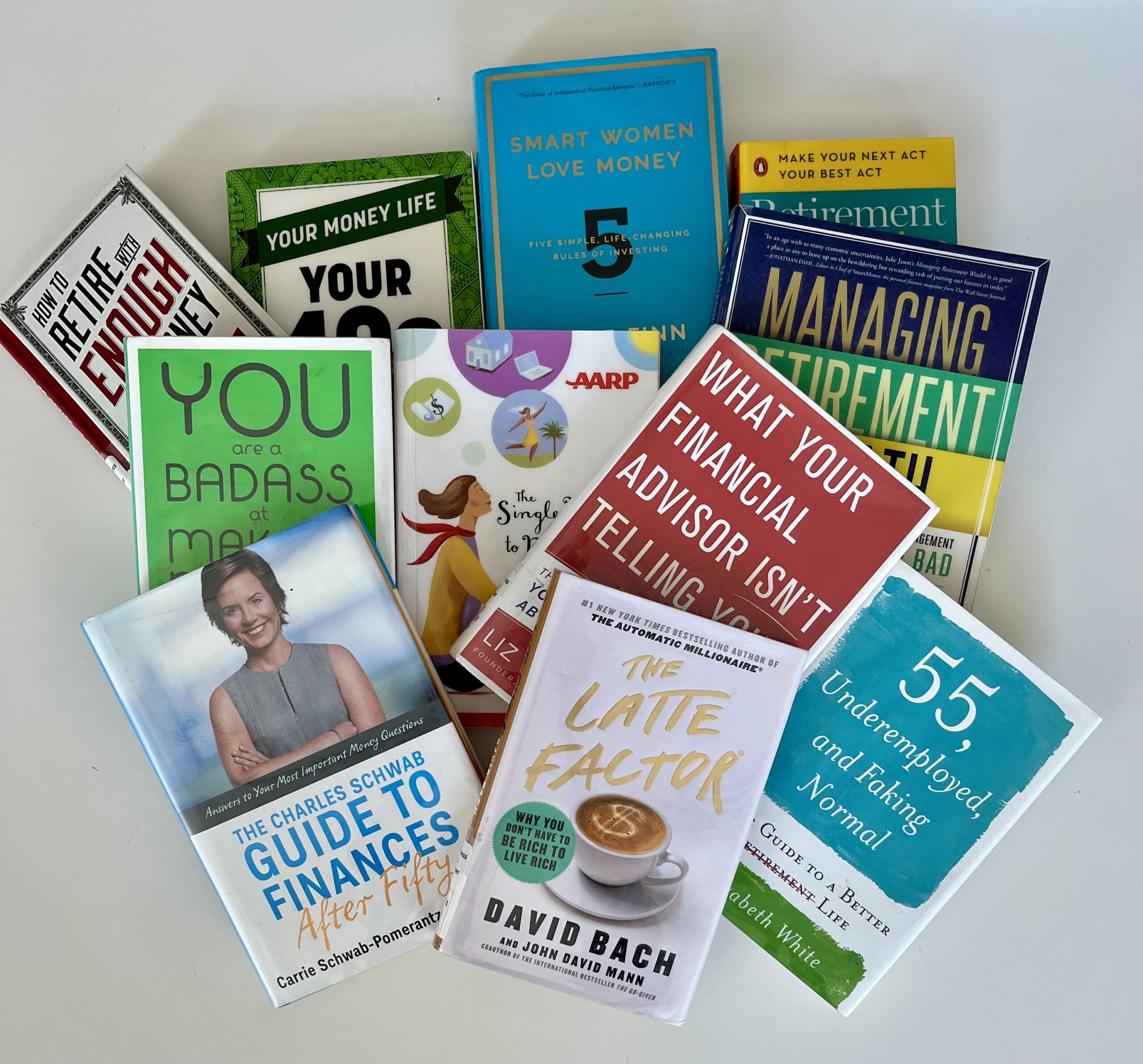
One moment you’re grounded in midlife, juggling to pay mounting expenses. The next, your friends and family members begin the transition to retirement. As you’ve been doing your best to maintain the status quo, the realization hits that the next chapter is steadily creeping around the corner.
A younger colleague recently quipped, “Once you hit your fifties, it’s like you’re on cruise control.” This cruise control version of one’s fifties sounds like a desirable place to be. It might appear to be the case for those of us who heeded early financial education and were proactive with saving and investing. It might also be true for those whose careers followed a steady upward trajectory. But, life is wholly unpredictable. The only thing we can know for sure is that we have no idea how our days may unfurl. The best thing we can do is to educate ourselves and plan because we all know that, despite the best-laid plans, there will always be curveballs.
The prospect of retirement is a daunting subject for most people. If you’ve ever dipped into general articles about retirement, you may have noticed that the financial formula for living comfortably presumes that you’ve managed to build a substantial nest egg. A recent Wall Street Journal article, “How Much do I Really Need to Retire,” provides ideal savings targets by age.
Social Security replaces about 40 percent of the income you earn before retiring, according to Teresa Ghilarducci’s slim 116-page book, “How to Retire with Enough Money,” and it’s up to the individual to figure out the rest of what they’ll need. A comfortable amount of money is eight times your annual salary by the time you’ve reached 60, says Fidelity Investments. But, what if you haven’t had the good fortune to grow a reserve to keep you living a life to which you’ve grown accustomed? “55, Underemployed, and Faking Normal: Your Guide to a Better Life” by Elizabeth White approaches the topic a bit differently. The author, who has degrees from John Hopkins University, Harvard Business School and Oberlin College, found herself in the unimagined position that the title of her book spells out. This perspective may be a little sobering and more based in reality for the group of Americans who haven’t been able to meet Fidelity’s guidelines.
Whatever your situation is, knowledge is always power. The library can be a useful resource to find your footing and carve your path forward. Check out this list of books that are a good place to start your journey.
